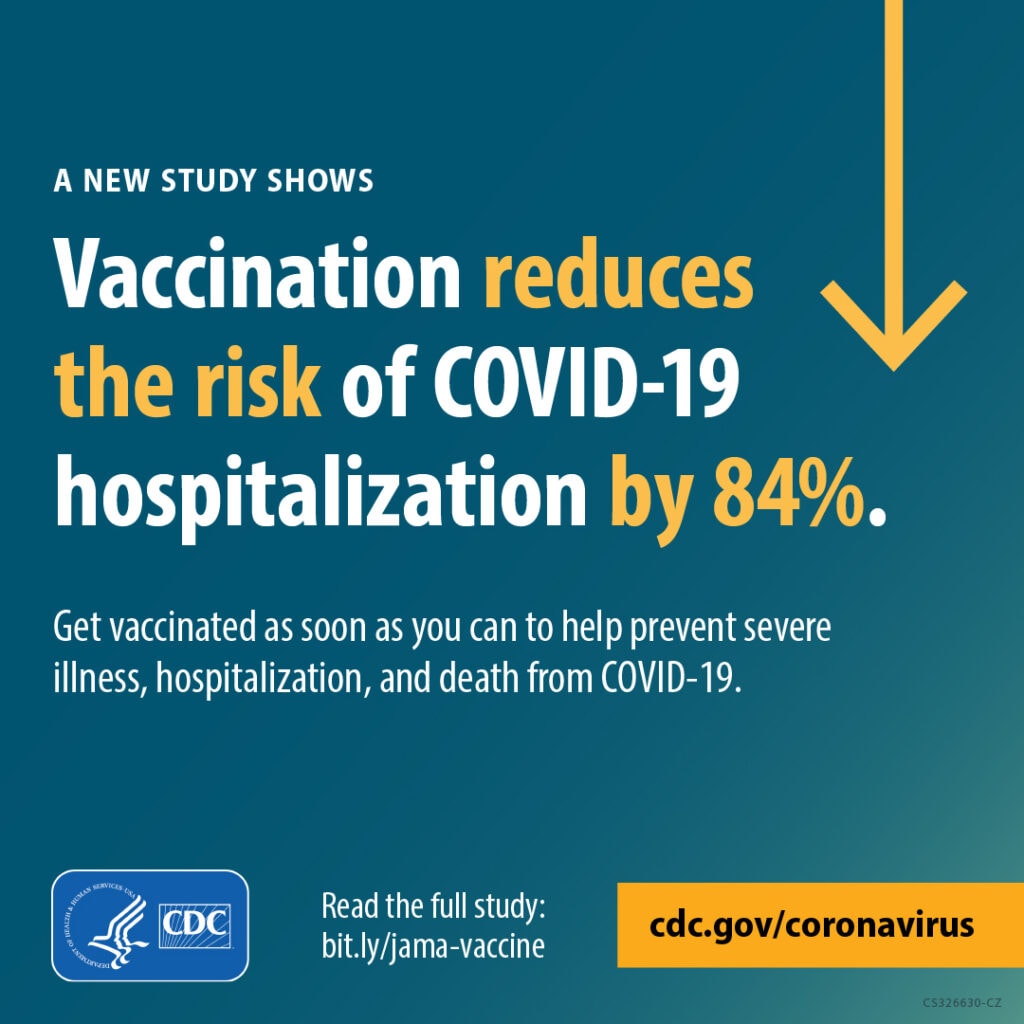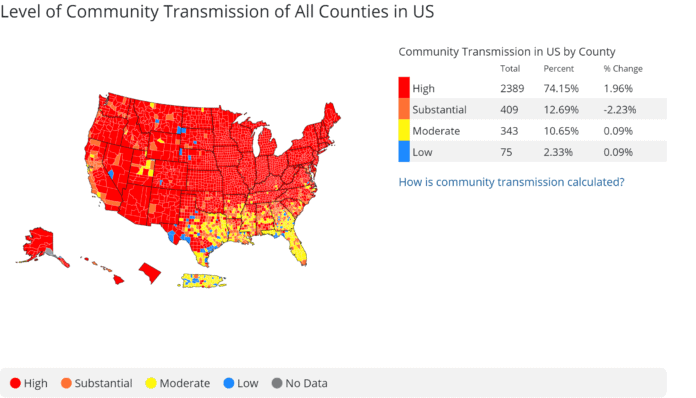I was on the phone with a representative from Dell yesterday assisting me with some technical issues. While we were waiting for files to download, he asked me about the COVID situation in our area and how people are responding. I told him while vaccines are readily available, including boosters for everyone 18 and older, many remain hesitant. He replied in disbelief, “how about mask wearing?” Well, based on what I’ve seen at our local grocery store, ‘very few people are wearing masks’, I replied.
He quickly asked, “WELL WHY DON’T YOU TELL THEM TO PUT ON A MASK????” Well, because people here are so passionate about their views, it could start I fight I told him. The rep was in disbelief, he asked why people weren’t concerned they might get sick and die. Now, I have no idea where this young man was located, nor did I ask about what things were like in his location. But I’m sharing the conversation to give some perspective on how COVID is viewed differently depending on location and personal experience. To summarize, he was baffled that we have vaccines accessible and free, but people choose not to get vaccinated.
In some ways with cases declining, many of us are letting are guards down a bit and venturing out more. But, COVID isn’t over yet and now there’s a new variant the WHO and CDC are watching with caution. According to scientists, B.1.1.529 variant has 32 mutations on the spike protein alone compared to Delta which has 9 changes on the spike protein.

B.1.1.529 Named Omicron
Yesterday (November 26, 2021), the World Health Organization (WHO) classified a new variant, B.1.1.529, as a Variant of Concern and has named it Omicron. No cases of this variant have been identified in the U.S. to date. CDC is following the details of this new variant, first reported to the WHO by South Africa.
WHO says, “Preliminary evidence suggests an increased risk of reinfection with this variant, as compared to other VOCs.”
Many wondering why Omicron was used when the next letter was “N”, “‘Nu’ is too easily confounded with ‘new,’” according to a W.H.O. spokesman. “And ‘Xi’ was not used because it is a common last name.”
The CDC says they are grateful to the South African government and its scientists who have openly communicated with the global scientific community and continue to share information about this variant with the U.S. Department of Health and Human Services and CDC. We are working with other U.S. and global public health and industry partners to learn more about this variant, as we continue to monitor its path.
CDC is continuously monitoring variants and the U.S. variant surveillance system has reliably detected new variants in this country. If Omicron emerges in the U.S., or when it emerges, the CDC expects it to be identified quickly.
CDC recommends people follow prevention strategies such as wearing a mask in public indoor settings in areas of substantial or high community transmission, washing your hands frequently, and physically distancing from others. They also recommend that everyone 5 years and older protect themselves from COVID-19 by getting fully vaccinated. CDC encourages a COVID-19 vaccine booster dose for those who are eligible.
Travelers to the U.S. should continue to follow CDC recommendations for traveling.
CDC will provide updates as more information becomes available.













